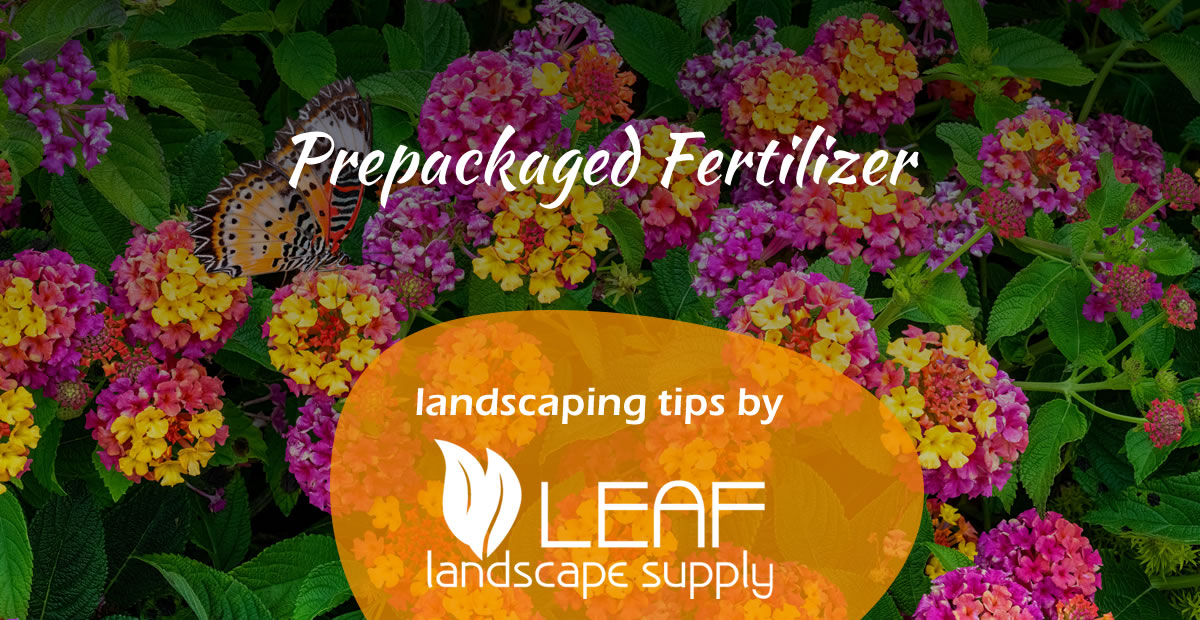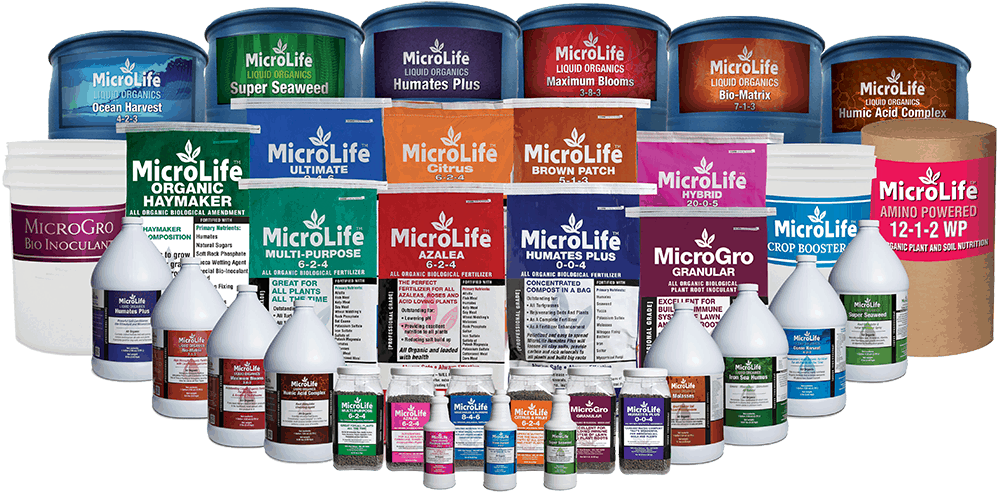
Prepackaged Fertilizer
Organic is always better than synthetic, right?
Happily, mostly yes. Interestingly enough, plants don’t care!
Basics of fertilizers, important to know.
Both organic and synthetic contain NPK, the top 3 substances needed in the soil to encourage healthy plants. Both types can also be high in salts which sometimes build up in the soil. Labels are required to state the levels of all ingredients.
Benefits and trade-offs of organic and synthetic fertilizers.
Organic fertilizer works slowly and is in it for the long haul. Quality organic fertilizers are often more likely to contain micronutrients in addition to the macro NPK and the label should show that they have been tested for specific content.

Important: Austin soil is often less than optimal.
Plant ability to take up nutrients is directly influenced by the healthy bacteria, fungi, and microbes in the soil. For optimum growth, include a product that encourages these essential microscopic life forms. An added benefit to a healthy micro ecosystem is that it often means less water is needed, especially for lawns!
There are specific times when using synthetic can be better.
Heavy feeders like fruits, vegetables, and color do require NPK to be readily available in the soil for them to take up and use. If the soil is not sufficient in any of these 3 main ingredients, adding them in organic form will not allow the soil organisms to work quickly enough to make them available for the plant to use. The result will be poor production and less than vibrant flowers.
Solution
- Use organic fertilizer for long-term soil and plant health.
- Add a product to encourage essential microscopic life forms.
- Use synthetic fertilizer when your plants need to quickly access ingredients necessary for optimal production.
Come by Leaf Landscape Supply and we can help you pick the right combinations for your lawn, landscape, flowering, and food producing plants!
Landscaping Tips (Archives)
